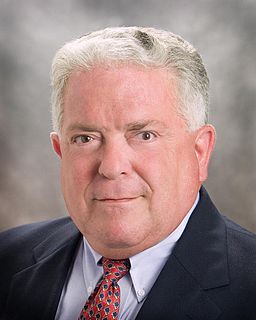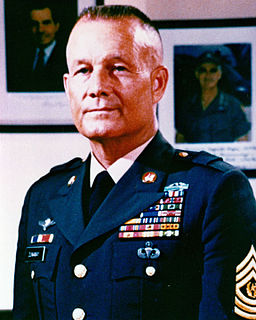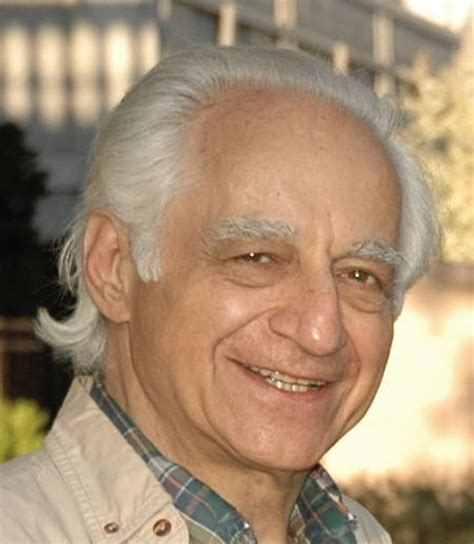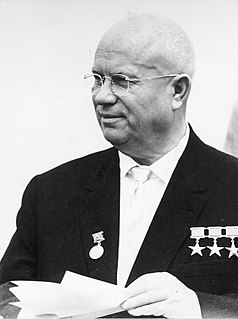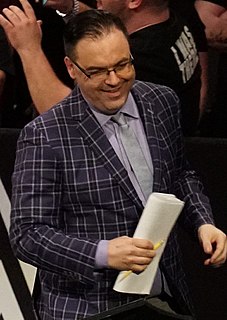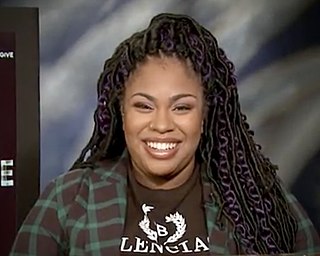A Quote by Charles W. Freeman, Jr.
I don't think there's a military solution. If we funnel in more weapons we're just likely to see more of them turned against us by the people we're trying to combat.
Related Quotes
There's no military solution to North Korea's nuclear threats, forget it. Until somebody solves the part of the equation that shows me that ten million people in Seoul don't die in the first 30 minutes from conventional weapons, I don't know what you're talking about, there's no military solution here, they got us.
The equipment and weaponry will continually change and improve, and the size of the military will expand as needed, decreasing during times of peace. But the unyielding will of the soldier and the dedication of professional military leaders will not change. Our soldiers can do a great deal more under pressure than people think. You'd have to see them perform in combat to believe it.
It [the intelligence service] concludes that Iraq has chemical and biological weapons, that Saddam has continued to produce them, that he has existing and active military plans for the use of chemical and biological weapons, which could be activated within 45 minutes, including against his own Shia population; and that he is actively trying to acquire nuclear weapons capability.
The more we try to fix the security situation, the more we will drive these people, particularly the Pashtun, into implacable opposition. And whether the military solution is more bombing from Predators or from F-16s or more special forces on the ground, you know, attacking villages and inadvertently killing lots of civilians, it doesn't matter. As long as security comes first, the mission will fail because these people are sick and tired of a government that's oppressing them and a foreigner who's killing them.
Conversation with animals could happen, but I think it would be easier for it to happen with creatures we share a bit more with - those that have been bred to interact with us, like dogs or horses, or ones to whom we have a natural evolutionary link, like chimps and other nonhuman apes. I mean, we do communicate with dolphins and whales, but we're not trying to get to the depths of their understandings. I feel that with animals as different from us as the whales and dolphins, it's likely to work better with us just watching them and trying to figure them out.
One of the problems with industrialism is that it's based on the premise of more and more. It has to keep expanding to keep going. More and more television sets. More and more cars. More and more steel, and more and more pollution. We don't question whether we need any more or what we'll do with them. We just have to keep on making more and more if we are to keep going. Sooner or later it's going to collapse. ... Look what we have done already with the principle of more and more when it comes to nuclear weapons.
I was as much at first probably against Conor McGregor and Floyd Mayweather as anyone else but... as soon as I turned off the purity of the combat sports thing, this is a business. Guys, we're all trying to make a living, we're all trying to entertain people and guess what, it's the second-biggest PPV in history regardless of how you feel about it.
People who graduate are more resilient financially, and they weather economic downturns better than people who don't graduate. And, throughout their lives, people who graduate are more likely to be economically secure, more likely to be healthy, and more likely to live longer. Face it: A college degree puts a lot in your corner.
Coming out, all the way out, is offered more and more as the political solution to our oppression. The argument goes that, if people could see just how many of us there are, some in very important places, the negative stereotype would vanish overnight. ...It is far more realistic to suppose that, if the tenth of the population that is gay became visible tomorrow, the panic of the majority of people would inspire repressive legislation of a sort that would shock even the pessimists among us.
